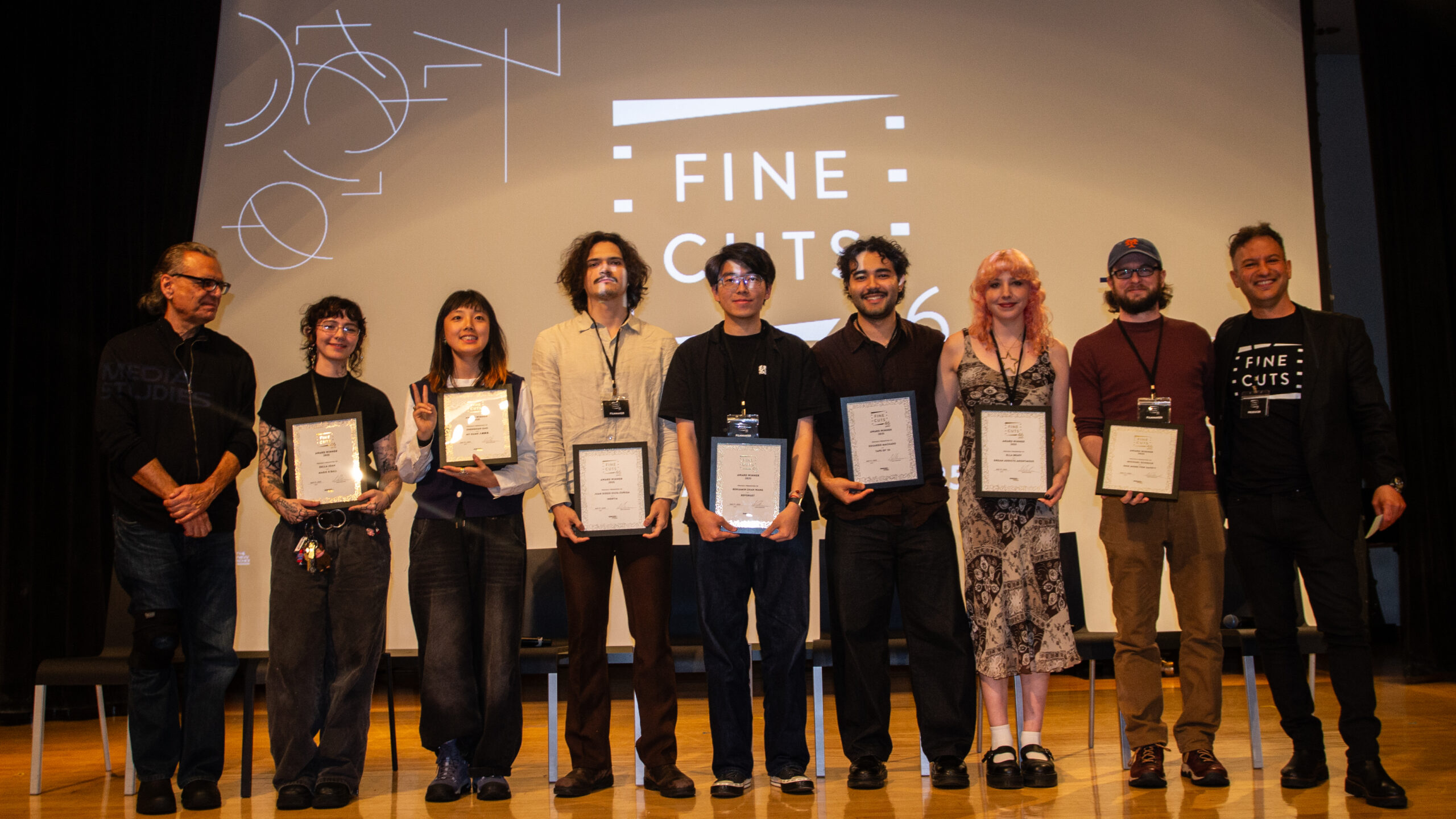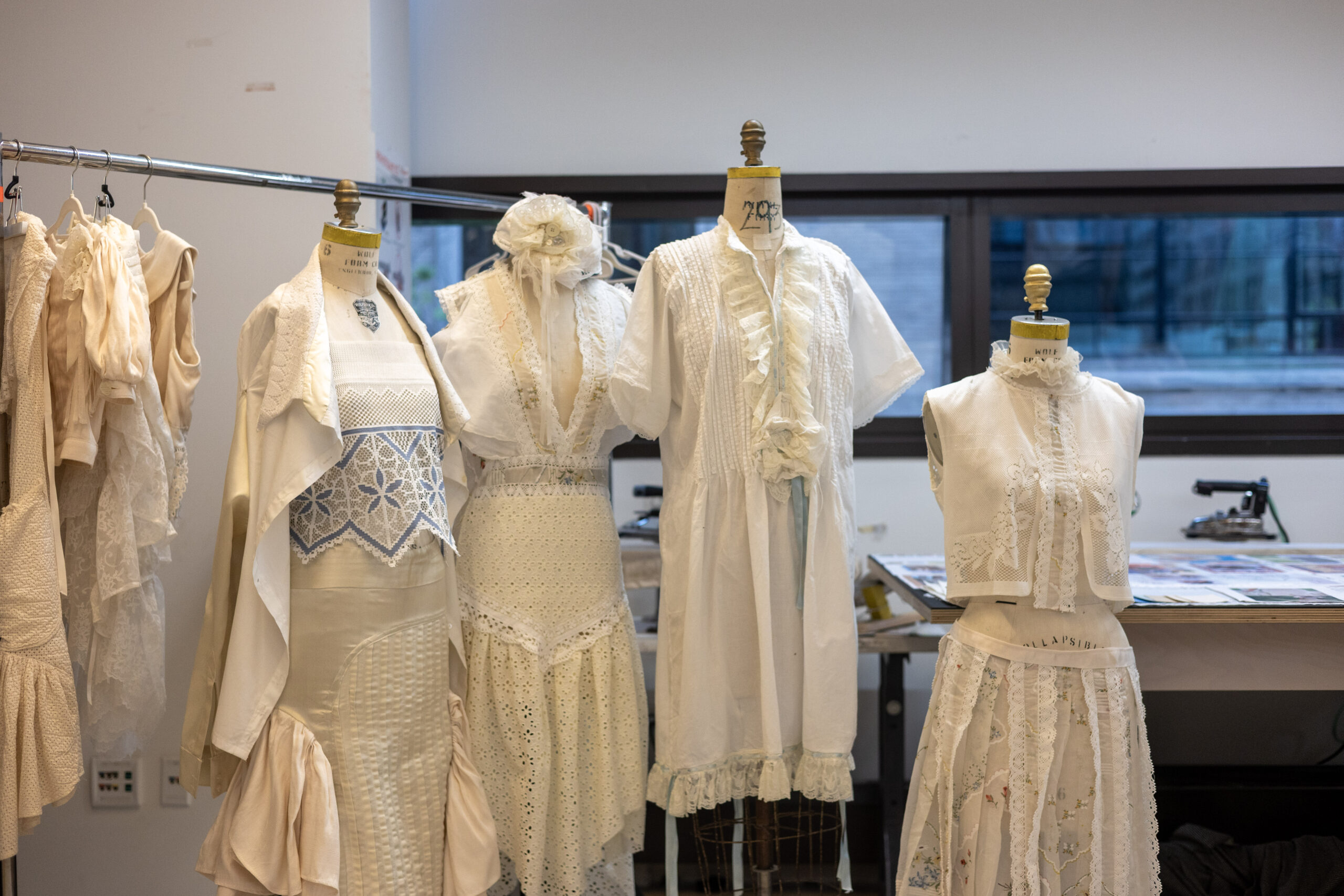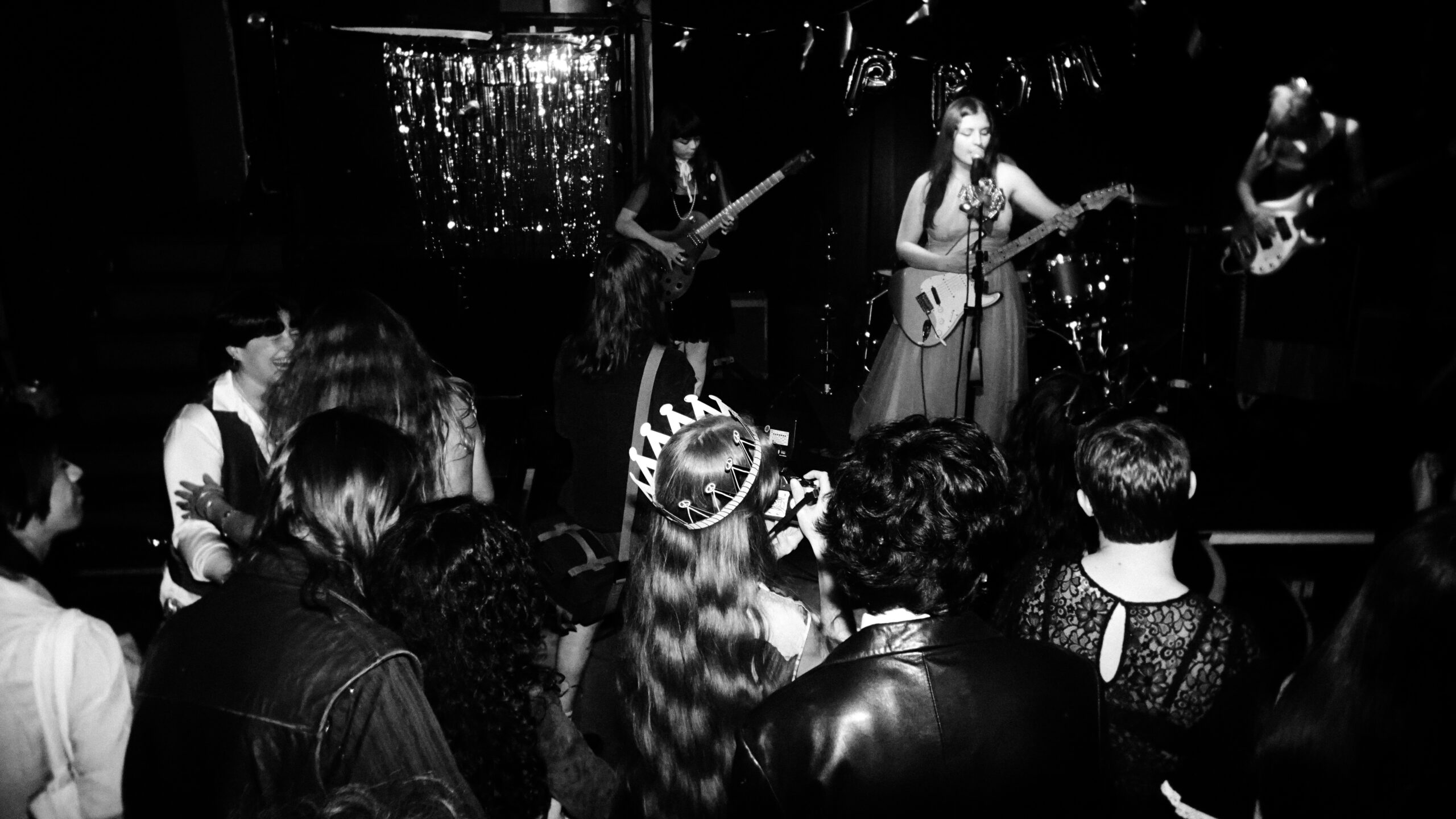A New York Film Festival review: Anora
Sean Baker isn’t scared of portraying sex work in his films; in one way or another, three of his past films have revolved around the world of sex work. But maybe he should be scared?
Anora, Baker’s latest film, is set in New York City, where a stripper turned prostitute, Anora (Ani), marries the son of a Russian oligarch. Baker is most famously known for The Florida Project (2017), which inspects the dynamic of a sex worker and her child, and Tangerine (2015), which explores the transgender sex work community in LA.
I have to bring attention to Baker’s being an alumnus of The New School. I am congratulating him for reaching Indie Hollywood, but I’m ashamed that our graduate is letting us down on the big screen.
In an interview with Variety, Baker explained that his films are “helping remove the stigma that’s been applied to this livelihood, that’s always been applied to this livelihood.” However, his films aren’t doing so. They reinforce the negative stigma towards sex workers, something society already does by default.
Anora strays no further from his redundant play on the sex work industry, but Baker adds a new alternative to his style by creating a lousy excuse for a comedy that turns into a distinctive drama in the last five minutes.
In Anora, The Florida Project, and Tangerine, every lead character is essentially the same. Ani is a poor Brooklynite with a strong Brooklyn accent and no personality beyond a bad attitude and selling her body to the highest bidder. The Florida Project revolves around Moonee, the child of Halley, a sex worker who exposes Moonee and her friends to this lifestyle. Again, Halley is another character portrayed as greedy and misanthropic. In Tangerine, Sin-Dee is an ex-con sex worker who walks the streets of Los Angeles hating the world and its people.
Yes, some of these examples could be drawn out to perfection, and I’m not opposed to these character traits. But Baker gives these women little to no character development and plays into the hands of every prostitution stereotype, giving people a stronger excuse to demote sex work and to punish the women contributing to the field.
Ani has the “fuck the world, it’s out to get me” mindset that doesn’t do her any good except that the actress, Mikey Madison, is exceptional at portraying it. The entire film revolves around Ani having a temper tantrum because her disgustingly rich Russian husband is just a spoiled mama’s boy who is on a bender in The United States.
Ani is money-hungry, so it’s understandable that she would fall into the trap of marrying her client. Her character, however, contributes to Baker’s ongoing narrative about sex workers: they are all dumb enough to fall into every trap. No matter how much he advocates for sex work, his films don’t help the community as much as he thought.
Ani, who is definitely Brooklyn street-smart, should have known that a little boy with money is never a good idea in the long run. I can’t help but think that Baker sets his leads up to always fail. I understand that he believes his films are bringing justice to sex workers, but if you remove Baker’s intentions from the films, I would assume that the director had a deep-seated hatred towards prostitution.
The Florida Project primarily focuses on Moonee and her distant reality in Kissimmee, FL. Living out of a Disney World-like motel with her mother, she sees the explicit nature in which she lives. Halle exposes Moonee to the life of a sex worker and it eventually gets the Department of Child and Family Services at their door.
Baker demotes Hallee to none other than a sex worker with a child weighing her down. Hallee’s constant rude demeanor gets her into fights with multiple characters and it even starts to rub off on her child.
Baker has a serious issue with not developing his lead characters until the final scenes of his films. Both Hallee and Ani are seen in emotional shambles right before the screen goes black. He assigns an unjustified bad attitude, a money-hungry approach, and carelessness to all of his sex worker characters. After one film, yes, I get it, but two more seems arbitrary and unnecessary. Not all sex workers are the same, not all of them have the same issues, not all of them hate the world.
Unfortunately, Ani is no different from Baker’s past characters and I wouldn’t be surprised if he used this stereotype again. Ani tries to find some solace in the end of the film by letting out a hysterical cry. As a critic, I did the same.
His films try to mediate the stigma around sex work, but I don’t think they do. If anything, they promote dishonor towards the community.








Leave a Reply